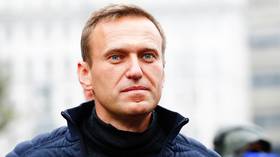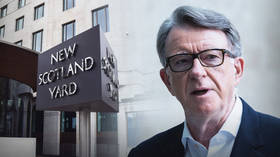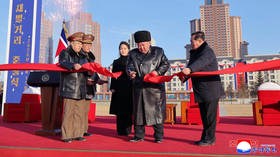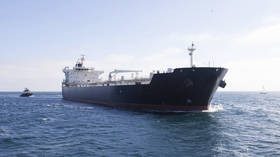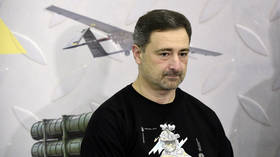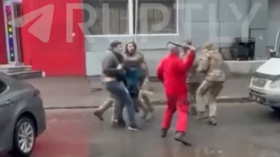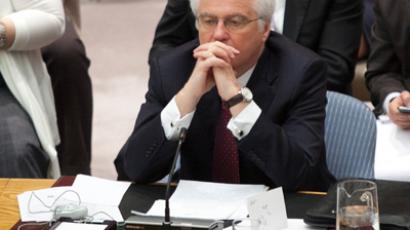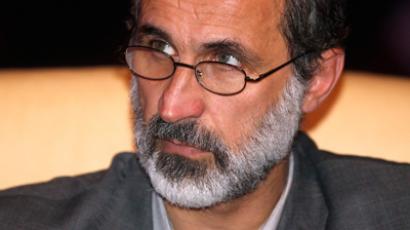Arab League: Arab states free to offer military support to Syrian rebels
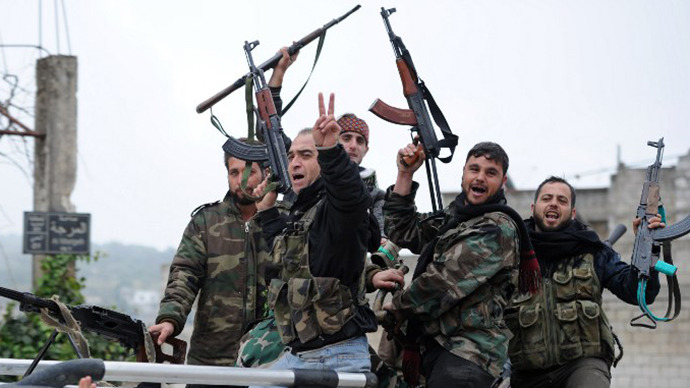
The Arab League has issued a statement saying Arab states are free to offer military support to the Syrian rebels and has offered them a seat. The UK Foreign Secretary also announced Wednesday that the UK will increase aid to rebel forces in Syria.
An Arab League statement issued at the end of a meeting of ministers in Cairo Wednesday said that Arab states should be able to offer military aid to rebels fighting President Assad.
So far the League has said that the Syrian opposition should be supported only by humanitarian and diplomatic means.
Separately, Arab League Secretary-General Nabil Elarby told a press conference that League ministers have formally invited the Syrian Opposition Coalition to send a representative to attend a league meeting to be held in Doha in April. Normally only nations with diplomatically recognized governments are represented in the league.
A Syrian rebel leader, Brigadier Selim Idris, said Wednesday during a visit to Brussels that they recorded all arms they received, in an attempt to persuade European governments to lift their arms embargo on opposition fighters.
“The weapons are registered on lists with numbers on each weapon. We distribute those weapons. And we know precisely who has received them,” he said at a news conference.
On the same day, Syria's Foreign Ministry said it would reject
any Arab League role in any plan leading to a political solution to
the national crisis, citing the league's "negative and
biased" stance.
In a statement, the ministry called the Arab League "a
captive to the biased political stance of certain Gulf States, such
as Qatar and Saudi," continuing that as such "it can not be
a party conducive in reaching a real political solution to the
crisis."
Meanwhile twenty UN peace keepers have been taken hostage by Syrian rebels in the Golan Heights on the border between Syria and Israel. One of the fighters who said he was from the “martyrs of Yarmouk” said that they would not be set free until Syrian government forces withdrew from a nearby village.
Many observers cite such events as to why aid should not be given to the fragmented Syrian opposition, which lacks a unified command structure.
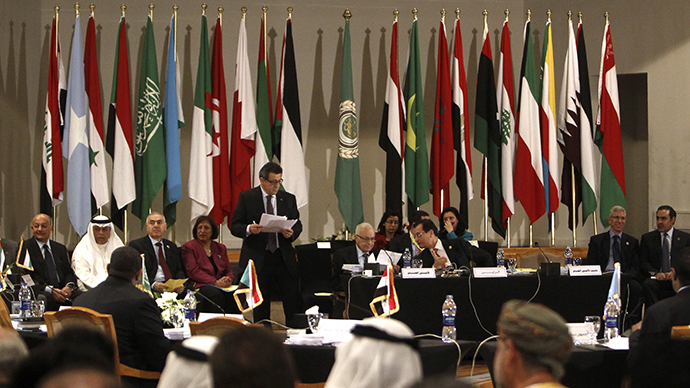
UK to aid rebels
The UK offer will include millions of pounds of non-lethal aid, including armored vehicles, body armor, search and rescue, disease prevention and communication equipment.
The package announced by Hague comes to 13 million pounds (US$19.5 million) and was made possible by changes to the terms of the EU arms embargo on Syria, which were agreed last week.
Hague told a largely-empty parliament that the UK was making a “necessary, proportionate and lawful” response to the “extreme human suffering” in Syria.
He said the world's efforts to try to end the conflict and violence there had been "an abject failure.”
"No Western government is advocating military intervention of Western nations into the conflict in Syria, the discussion is entirely focused on the degree of assistance that can and should be delivered to the opposition," Hague told MPs.
Hague was asked by Sir Gerald Howarth, the former Conservative defense minister, how confident he is that the moderate forces will be in charge when the regime falls and if the UK’s "hand is being drawn ever closer into this mangle.”
The minister replied that moderate forces are more likely to prevail if the opposition receives the kind of support the UK is offering.
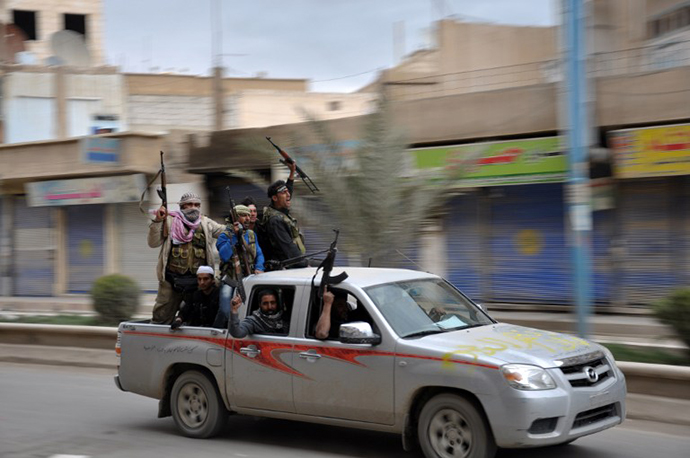
Labour MP Peter Hain accused Hague of “making the situation worse” by not pushing hard enough for a diplomatic solution. Hague replied that, “every possibility has been given to the regime to negotiate.”
While Sir Menzies Campbell, a senior MP for the Liberal Democrats raised the 10th anniversary of what he called the “mistaken military action” in Iraq and said that many people fear a “drift” towards military intervention in Syria.
Hague was also asked about the possibility of implementing a no-fly zone, but the foreign secretary was adamant that this would not be something likely to happen as it would constitute, "military force externally on a substantial scale,” and that interest in implementing a no-fly zone is "limited" among UN countries.
Overall the announcement marks a shift in British policy on Syria, but falls short of the weapons that the opposition wants.
The British announcement follows the US government's pledge of $60 million in non-lethal assistance last week and signs that in the future the international community may be reconsidering its policy of not providing military support to groups opposed to the Assad government.
‘Aid will encourage extremism’
Russia said last week that the decision to send aid to the rebels will only intensify the two year Syrian civil war by encouraging rebels and extremists.
The announcements were, “in spirit and in letter directly encourage extremists to seize power by force, despite the inevitable sufferings of ordinary Syrians that entails,” Aleksandr Lukashevich, Russia’s spokesman for Russia’s Foreign Ministry said in a statement.
President Assad said in an interview with the Sunday Times, last week that Britain has a history of meddling in the region and has a “tradition of bullying and hegemony”. He continued that Britain is determined to militarize the problem and is not interested in trying to create dialogue between Syrians.
The UN high Commissioner for Refugees Antonio Guteres has said that Syria is “spiraling towards a full-scale disaster.”
Latest figures from the UN show that up to 70,000 people have been killed and a million refugees have fled abroad, including 400,000 since the beginning of this year.


